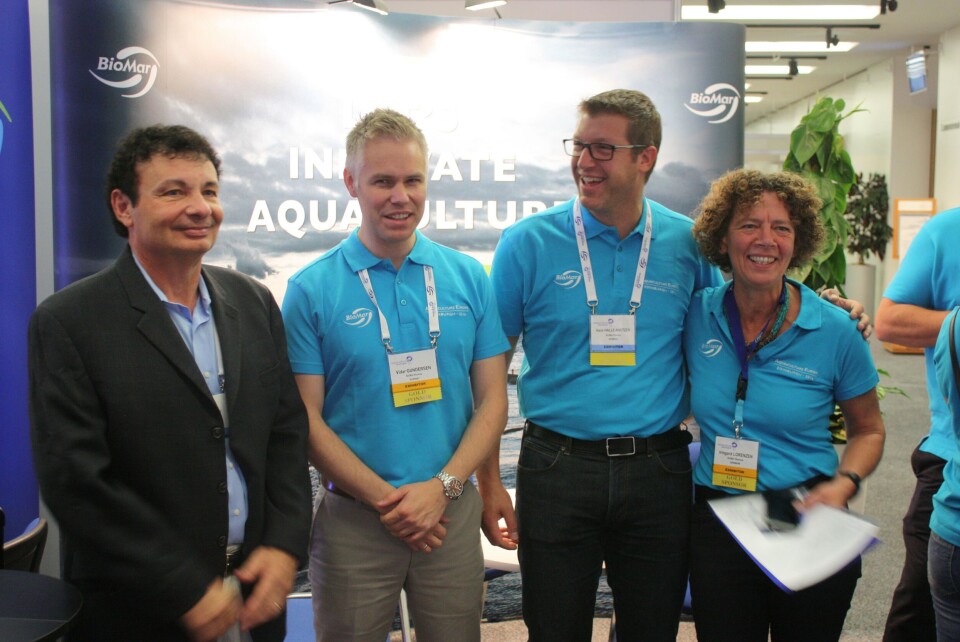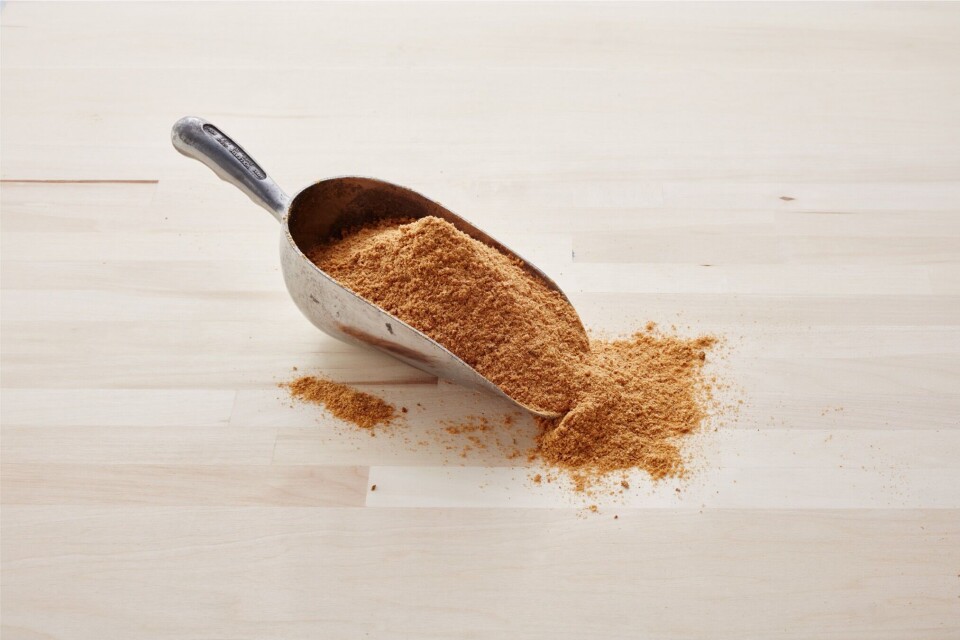
Algal feed set for Scotland
A fish feed that contains microalgae in order to boost the omega-3 content of salmon is now being produced in Scotland.
Developed by Biomar, the feed contains Algaprime – a long chain omega-3 rich microalgae ingredient produced by Terravia and Bunge in Brazil.
“We see microalgae as offering an opportunity to increase the omega-3 content of salmon. We can’t let the level go any lower without risk of ruining the product,” Vidar Gundersen, Global Sustainability Director of the Biomar Group, explains to Fish Farming Expert.
“We need to take care of both the nutritional requirements of the fish and the reputation of farmed fish,” he adds.
Companies in Norway already using the feed include Kvarøy – who are using the feed for salmon that goes to Wholefoods – and Lerøy.

Increasing volumes
The algae are grown in Brazil using sugar cane as the key feed ingredient, and there is great potential to increase production.
“It’s great to have a company the size of Lerøy as a customer – it can be a locomotive that helps drive the growth of the [microalgae] industry,” Vidar reflects.
Nick Bradbury, Biomar Scotland’s Commercial Manager, adds: “They’re currently producing 100s of tonnes of the product, but we expect this will be raised to thousands next year and tens of thousands of tonnes eventually.”
And, of course, increased production will help to lower the price.
“We’re waiting for orders from the industry to bring prices down,” Vidar explains. “It’s currently a little more expensive than fish oil, but fish oil prices continue to rise and microalgae prices should continue to fall so we see it being cheaper than fish oil within five years.”
Scottish interest
“There’s been a lot of interest from Scottish producers, two are already using it in their feeds, and there has been a lot of interest from UK supermarkets too,” says Nick.
Vidar is thrilled by the long term potential of microalgae: “I have no doubt, the future growth of aquaculture lies in exploiting algae as a feed ingredient,” he asserts.
“At the time being, I consider this particular product to be the most sustainable raw material available for the production of salmon feed. Utilising marine fatty acids from microalgae simply gives us the possibility to increase or maintain the content of omega-3 in feeds, in a sustainable way,” he adds.






















































